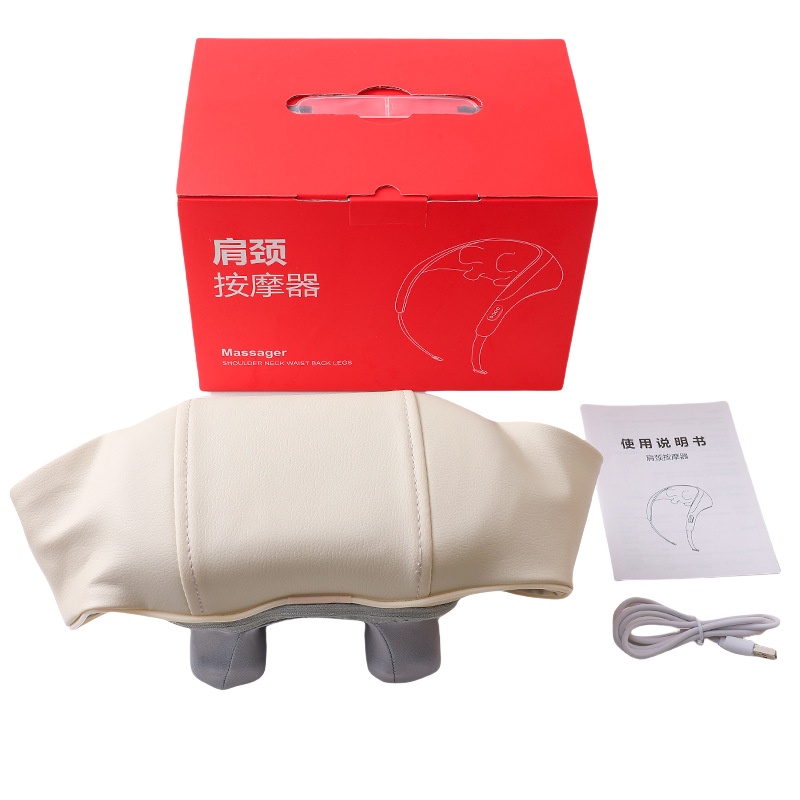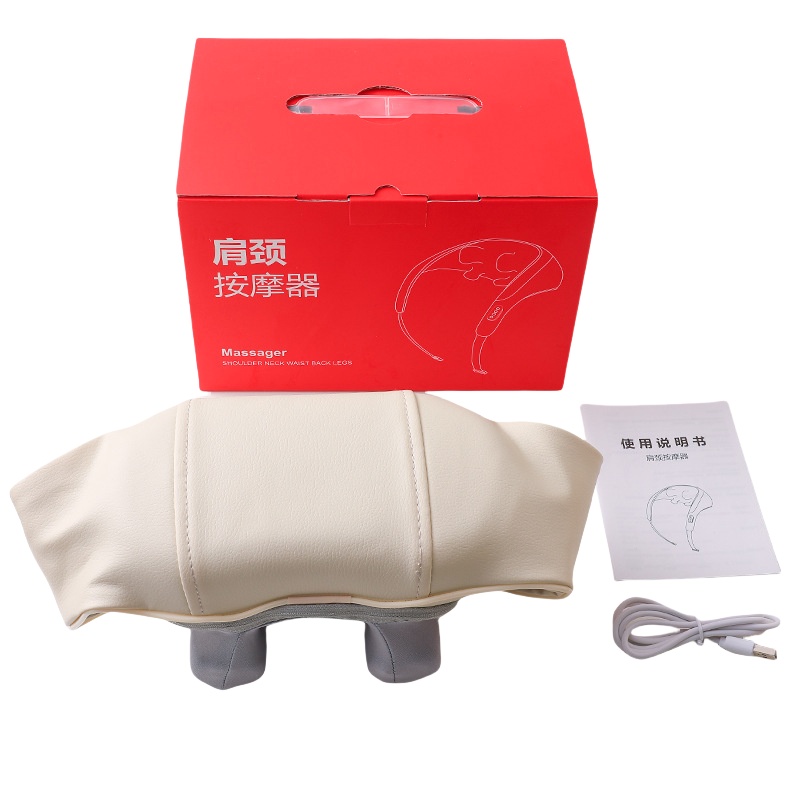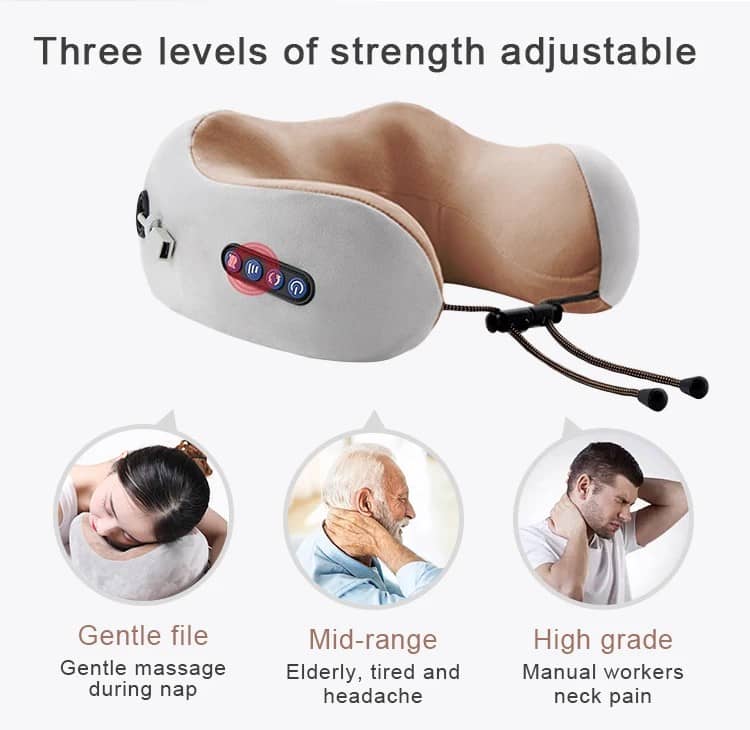The Power of Personalised Corporate Gifts: Making Lasting Business Impressions
Introduction: The Rise of Personalised Corporate Gifting
In today's competitive business landscape, personalised Corporate gifts have emerged as a powerful tool for building meaningful connections. Unlike generic promotional items, customised gifts demonstrate genuine thoughtfulness and attention to detail - qualities that resonate deeply with clients, partners, and employees alike. Research shows that 72% of recipients view personalised gifts more favorably than standard corporate offerings, making them a strategic investment in relationship-building.
Why Personalisation Matters in Corporate Gifting
Creating Emotional Connections
Personalised gifts trigger psychological responses that foster stronger business relationships. When a gift bears someone's name, initials, or references a personal interest, it transforms from a transactional item into a meaningful keepsake. This emotional connection can increase brand recall by up to 50% compared to non-personalised alternatives.
Standing Out in a Crowded Market
In an era where businesses compete for attention, a thoughtfully personalised gift cuts through the noise. While most companies send standard holiday baskets or logo-emblazoned merchandise, customised gifts demonstrate extra effort that distinguishes your brand from competitors.
Enhancing Perceived Value
Personalisation elevates even modest gifts by making them feel exclusive. A £30 engraved pen often carries more perceived value than a £50 generic gift because it appears tailored and irreplaceable.
Top Personalised corporate gift ideas
1. Engraved Office Accessories
-
Luxury pens with recipient's name
-
Leather-bound notebooks with custom embossing
-
Brass business card holders with initials
-
Wooden desk organisers with laser-etched messages
2. Custom Tech Gadgets
-
Wireless chargers with monogrammed designs
-
Bluetooth speakers featuring company colors
-
Laptop sleeves with embroidered names
-
Smart notebooks that sync handwritten notes
3. Bespoke Apparel and Accessories
-
Premium leather wallets with stamped initials
-
Cashmere scarves in company colors
-
Custom-fit dress shirts with subtle branding
-
High-end watches with engraved casebacks
4. Personalised Experience Gifts
-
Cooking classes with customised recipe books
-
Wine tasting packages with monogrammed glasses
-
Spa days with embroidered robes
-
Adventure activities featuring personalised gear
The Psychology Behind Effective Personalisation
Understanding the science behind personalisation can dramatically improve gifting outcomes:
The Endowment Effect
People assign more value to items they perceive as "theirs." Adding someone's name triggers this psychological phenomenon, making the gift more cherished.
The Reciprocity Principle
Personalised gifts create a stronger sense of obligation to reciprocate, potentially leading to increased business opportunities.
The Cocktail Party Effect
Our brains are wired to notice when our name is used, making personalised items more memorable in professional contexts.
Best Practices for Personalised Corporate Gifting
1. Gather Meaningful Data
Collect preferences through:
-
CRM notes on client interests
-
Employee surveys about hobbies
-
Social media insights on personal tastes
2. Balance Branding with Personalisation
Effective approaches include:
-
Discreet company logos on personal items
-
Branded packaging with handwritten notes
-
Co-branded gifts for joint ventures
3. Consider Practical Longevity
Choose items that:
-
Fit naturally into daily routines
-
Offer ongoing utility
-
Maintain quality over time
4. Time Your Gifts Strategically
Ideal moments for personalised gifts:
-
Work anniversaries
-
After major project completions
-
Preceding contract renewals
-
Personal milestones (birthdays, promotions)
Measuring the Impact of Personalised Gifting
To evaluate your investment:
Quantitative Metrics
-
Client retention rates
-
Employee engagement scores
-
Social media mentions/sharing
-
Referral business generated
Qualitative Feedback
-
Handwritten thank-you notes received
-
Verbal comments in meetings
-
Testimonials mentioning the gift
-
Improved communication frequency
Common Personalisation Mistakes to Avoid
Over-Personalisation
Avoid gifts that are:
-
Too intimate for professional relationships
-
Culturally insensitive
-
Potentially embarrassing in office settings
Poor Quality Execution
Steer clear of:
-
Cheap engraving that fades
-
Poorly aligned embroidery
-
Personalisation that damages functionality
Generic Personalisation
Move beyond just:
-
Adding a name without context
-
Using templates without customization
-
Repeating the same gift annually
The Future of personalised corporate gifts
Emerging trends include:
Digital-Physical Hybrids
-
QR codes linking to personalised videos
-
NFC-enabled gifts with digital messages
-
Augmented reality packaging
Sustainable Personalisation
-
Plantable seeded paper with custom messages
-
Upcycled materials with engraved details
-
Carbon-neutral production processes
AI-Enhanced Customisation
-
Data-driven gift recommendations
-
Dynamic personalisation algorithms
-
Predictive gifting based on behavioral patterns
Conclusion: Personalisation as a Business Strategy
Personalised corporate gifts represent far more than a marketing expense - they're a tangible expression of your company's values and commitment to relationships. In an increasingly digital world, the physicality and thoughtfulness of a well-chosen personalised gift can create lasting impressions that no email campaign can match.
By investing in quality personalisation and aligning gifts with recipient preferences, businesses can:
-
Strengthen client loyalty
-
Boost employee retention
-
Differentiate their brand
-
Create authentic connections
The most successful corporate gifting strategies view personalisation not as an afterthought, but as a core component of relationship management. When executed thoughtfully, these gifts become conversation pieces, daily reminders of your brand, and tangible representations of your appreciation - delivering value long after the initial exchange.
Related topics:
Beyond the Paycheck: Unpacking the Anatomy of a Truly Meaningful Employee Reward
How to Personalize Your Tungsten Ring: Inlays, Finishes, and Designs
Are Tungsten Rings a Good Choice? Pros and Cons Explained
The Heft and Feel: What to Expect from the Weight of a Tungsten Ring
The Scratch-Resistant Promise: How Hard Are Tungsten Rings Really?
How to Personalize Your Tungsten Ring: Inlays, Finishes, and Designs








